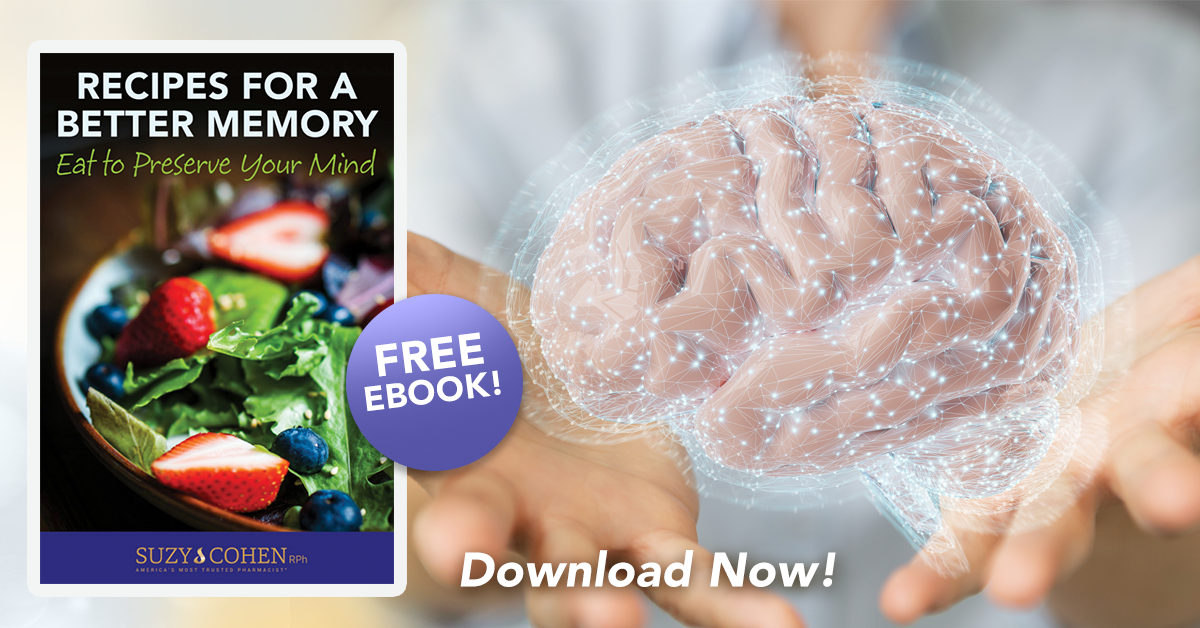What's On This Page?
ToggleToday I’m going to tell you about the glymphatic system which impacts how healthy your brain is. This newly discovered pathway in your body cleans up at least 8 different potential toxins that can hurt your brain. Certain herbs and supplements contribute to brain health and cerebral blood flow too, I’ll go over those later.
This article takes a deep dive into our noggins so if you’ve been curious about the world inside your head (and I’m not just talking about an earworm of your favorite song), then strap in! This is all relatively new information in the field of brain health.
A few years ago, scientists discovered a way that the brain washes itself. It’s called the glymphatic system and how well this sanitation system works determines a lot about mental health.
Here’s a simple analogy to describe your glymphatic system and how it functions:
Imagine you’ve hosted a party in your house (the brain). After the party, there’s trash everywhere—empty cups, plates, leftover food, etc. (equivalent to brain waste like amyloid-beta). If left unattended, the trash might attract pests and create a foul smell!
Now, the glymphatic system acts like a cleaning crew that comes in, especially when you’re asleep, to clean up the mess and restore order to the house. When this cleaning system doesn’t work efficiently, the trash accumulates, potentially leading to problems associated with neurodegenerative diseases.
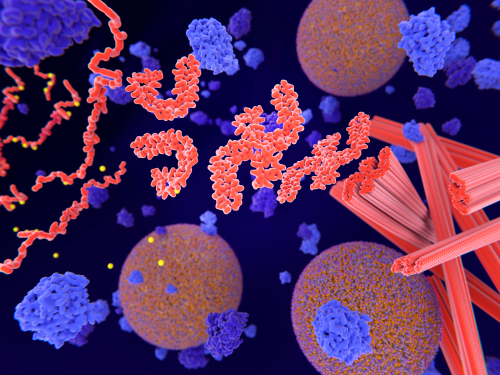
Luckily, we’ve discovered this nighttime janitorial staff for your brain – it’s called the glymphatic system! Certain minerals and herbs can influence the health of the glymphatic system. I discuss those further down below.
Excessive build-up (without a cleaning crew) means that your neurotransmitter production goes down, and an imbalance occurs between dopamine, epinephrine, norepi, serotonin, melatonin, and others! Our mood is really all about neurotransmitters.
Once the balance of those is messed up, you don’t feel well anymore.
Mental health issues can arise from poor glymphatic filtration
And doctors can’t yet measure levels of them, creating a challenge to restoring balance. They’re guessing when they prescribe a drug for mental health disorders, and this educated guess sometimes works, but not always leaving millions of people with mental health conditions completely untreated, if not worse further imbalances.
Life would be so much better if the glymphatic system worked 24/7 and was more efficient but we’re only human. We can only handle so many toxins, additives, pollutants, and cellular debris before we tilt to an unhealthy state.
Luckily, we have this glymphatic system. It’s not an organ, it’s a specialized network of cells and pathways that work together to shower off your brain. The term “glymphatic” combines “glial cells” (which are involved in this system) and “lymphatic”.
It is comprised of tiny channels that work as your brain’s personal sanitation collection crew, whisking away unwanted garbage like bacteria, warped proteins, and cellular toxins. This crew works best while we’re warm and snuggled in bed, emphasizing the importance of quality sleep for our brain health.
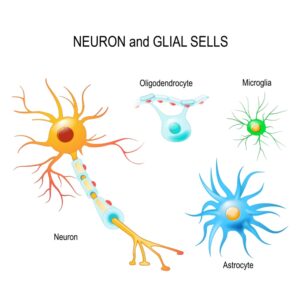
I’ll come back to the glymphatic system, but right now I want to be complete. So I should at least give honorable mention to our microglia cells which are part of our immune system army. And while we sleep these tiny warriors act as the brain’s first responders! They’re always looking out for threats, and when they see any, they signal the cavalry in the form of cytokines.
When the microglia are overworked, overused, infected, harmed, or insufficient in numbers, chaos ensues in the form of depression, insomnia, anxiety, bipolar, OCD, ADHD and other neurodegenerative diseases. Now let’s go back to the glymphatic system, because it works in tandem with the first responders (the microglia).
Remember the glymphatic system is a relatively recent discovery in the realm of neuroscience and is a network that cleans up the brain. That’s critical because the microglia can’t do it on their own, so assistance is needed.
You may not think anything gets into the brain but it does. Today, we know that toxins do get into the brain and that the blood-brain barrier is permeable! We used to think it wasn’t.
We used to think the blood-brain barrier was well… a barrier as it name states. And that it could STOP entry of toxins, but that’s so, we know better today. The things we want it to clear are protein fragments like amyloid-beta that are implicated in Alzheimer’s, tau proteins, Lewy bodies, heavy metals, imaging contrast and even regular free radicals. If you’d like more information on the topic of brain “housekeeping,” I have a longer version of this article at suzycohen.com.
Neuroinflammation and Glymphatics
Neuroinflammation is due to activation of immune cells that reside in your brain (ie microglia). Chronic neuroinflammation can increase anxiety, insomnia, migraines, and more. It can damage neurons permanently, and as such it’s implicated in most all neurodegenerative diseases. Think of Alzheimer’s, Parkinson’s, bipolar, schizophrenia, and/or other neuropsychiatric disorders.
When a protein in your body misfolds it can cause disease. The glymphatic system is useful to clear the brain of misfolded proteins (ie abnormally shaped) the ones that cause Alzheimer’s disease, Parkinson’s, Huntington’s disease, even Type 2 diabetes.
8 harmful substances that your glymphatics help you clear:
1. Amyloid-beta (Aβ) peptides: These are protein fragments that are misfolded and can accumulate in the brain, forming plaques. Amyloid-beta accumulation is a hallmark of Alzheimer’s disease.
2. Tau proteins: In certain neurodegenerative diseases, such as Alzheimer’s, tau proteins can become hyperphosphorylated, leading to the formation of neurofibrillary tangles inside nerve cells. This abnormally shaped protein is misfolded and can cause cell death.
3. Alpha-synuclein: Another misfolded (abnormally shaped) protein called alpha-synuclein (abbreviated as α-Synuclein) forms aggregates called Lewy bodies. You may have heard of those because they are commonly seen in Parkinson’s disease and some other neurodegenerative conditions.
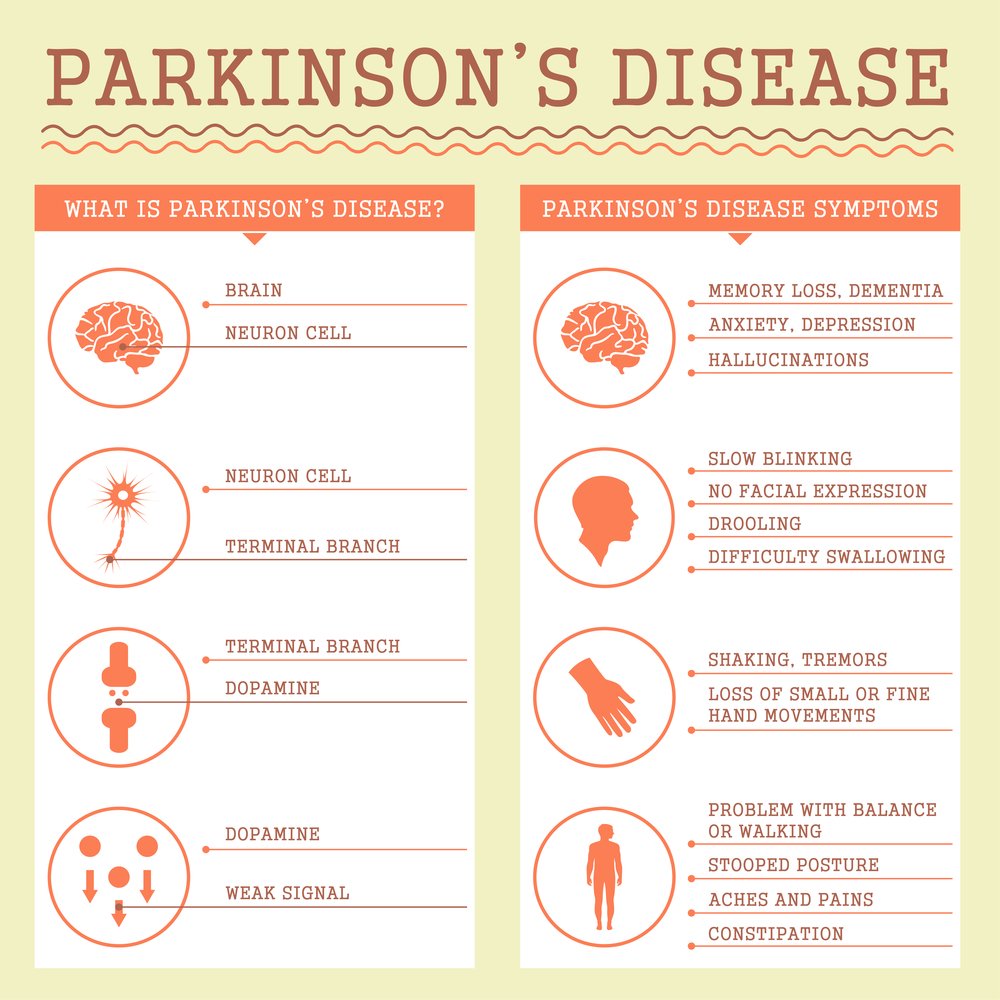
4. Free Radicals: The brain is highly susceptible to oxidative stress due to its high oxygen consumption rate! Free radicals, sometimes termed Reactive oxygen species (ROS) destroy cells very quickly and exacerbate or cause neurodegenerative diseases galore. A free radical substance is not a misfolded protein, it’s more like a microscopic grenade in the tissue!
5. Heavy Metals: This one isn’t so tight. The accumulation of heavy metals like lead, mercury, and aluminum has been associated with neurodegenerative diseases. No surprise there.
For example, aluminum accumulation has been a topic of interest in Alzheimer’s disease research, that’s why we all throughout our kitchen frying pans and changed antiperspirants.
It’s also why we limit consumption of bluefin tuna, swordfish, and orange roughy (ie mercury contamination).
But heavy metals can’t be easily cleared by the glymphatic system so it’s not a tight connection. But heavy metals are damaging to the brain so I’m listing them here.
We have strong evidence to suggest that metals like iron, copper, and zinc play some type of role in conditions like Alzheimer’s disease, but again, the process by which they’re cleared doesn’t appear to rely on your brain’s glymphatic system. Instead, we have “binding proteins” and “transporters” that act like a bouncer at a bar, and escort the bad heavy metals out. The issue is that heavy metals are not water-soluble, so they are sticky, they stay around longer, sometimes forever.
6. Food additives and Dyes: While not a direct link, these are sometimes termed excitotoxins, especially Monosodium Glutamate (MSG): When you get too many excitotoxins, it’s the same as free radical damage…it is a process where your brain cells are killed by excessive stimulation and excitement. They’re vibrated to death! You may be interested in how Your Favorite Condiment Can Make You Sick.
7. Other Misfolded proteins: I didn’t have time to mention other misfolded proteins but there are some others like prion protein, serum amyloid A (causes AA amyloidosis), and islet amyloid polypeptide (causes Type 2 Diabetes).
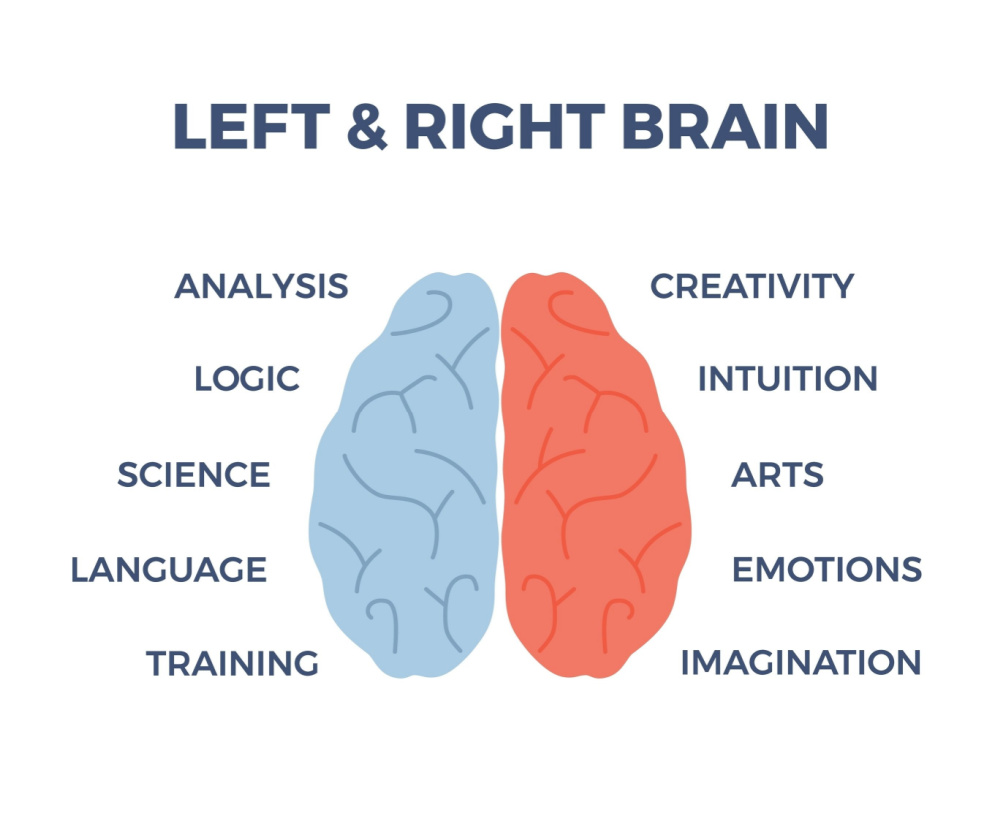
8. Contrasts: Gadolinium or Iodine: The kidneys, not the glymphatic system work overtime to clear imaging contrast out of you. However, there have been concerns about the retention of gadolinium in various body tissues, including the brain for months to years after injection. I wrote an article about this topic in case you’d like more information: Does MRI Contrast Stay in the Brain?
Thyroid Hormone
There’s a small, but notable connection with the thyroid gland. It’s indirect for sure. Thyroid hormones, including thyroxine (T4) and triiodothyronine (T3), are essential for brain development and function as you know. These hormones affect how neurons grow, move, and communicate.
These hormones also regulate metabolism in the brain and throughout the body, because every cell has thyroid hormone receptors. So the levels of T3 and T4 potentially impact the glymphatic system which you now know is a a critical waste removal system in the brain (most active while you sleep).
Since thyroid hormones influence sleep patterns and overall brain activity, imbalances in these hormones could indirectly affect how well the glymphatic system operates. Both sleep disruptions and reduced thyroid hormone levels could and probably do impact the efficiency of the glymphatic system. There isn’t a pubmed study that I can show you to prove it, it’s just common sense.
Support for the Glymphatic System
The glymphatic system and its role in brain health is a relatively new field of research, there’s not a lot of information or clinical studies regarding the direct effect of supplements or natural compounds specifically on glymphatic drainage.
However, some things do impact blood flow in and around the brain, or influence cognition and so there may be either direct/indirect effects by some of these. Here’s what is known right now:
Sleep: One of the best-established ways to support the glymphatic system is getting quality sleep. The glymphatic system is more active during sleep, helping clear waste products from the brain. Therefore, maintaining a regular sleep schedule and ensuring good sleep quality can be beneficial. Falling asleep naturally is critical, using pharma aids can cause you to miss some of the restorative sleep phases, so try to sleep without any help at all meaning no alcohol, no drugs, etc. Those things would actually require your glymphatics for proper clearing out of the body!
If you need occasional help with nighttime rest and want to try natural non-addictive ingredients try Sleep Script.
Magnesium Threonate: Magnesium is essential for various physiological processes in the brain. Magnesium threonate is a specific form of magnesium that is believed to more readily cross the blood-brain barrier. Some studies have suggested that magnesium threonate can enhance learning and memory.
While its specific effect on the glymphatic system hasn’t been conclusively studied, this mineral does influence overall brain health and helps with mental focus, sleep and more, even leg cramps. I have an incredible one-of-a-kind powdered formula available in two flavors HERE.
Ginkgo Biloba: This herb has been used for centuries for various medicinal purposes, including cognitive enhancement. Some research has shown that ginkgo biloba can increase cerebral blood flow and has antioxidant and neuroprotective properties. Increased cerebral blood flow could, in theory, support the function of the glymphatic system, but direct evidence of this effect is limited. Ginkgo is an herbal that’s sold in health food stores nationwide, and online. I also put a good bit of ginkgo in my Memory Script formula which does all kinds of good things for brain tissue.*
Bacopa Monnieri: Traditionally used in Ayurvedic medicine, Bacopa monnieri is known for its cognitive-enhancing effects. It has antioxidant properties and can modulate neurotransmitter levels. Again, while it has several neuroprotective effects, its direct influence on the glymphatic system hasn’t been well-established. By the way, you can buy this all by itself at any health food store, but I also put it into my Memory Script!
Lifestyle Habits: Activities that you do ultimately promote cerebral blood flow. For example, doing any kind of aerobics might support glymphatic function, at least indirectly. Doing yoga or any kind of movement will also help. Staying hydrated is important. We don’t think about it but all that coffee we drink is a mild diuretic. It dehydrates us.
So keep that in mind. You may need to support yourself with something like an electrolyte blend, or electrolyte supplements if you drink a lot of coffee (or take caffeine pills). Hydration is one thing that is so easy and free, and I do know that the glymphatic system relies on the movement of fluids. That’s how it cleans your brain.
Miscellaneous Herbs and Compounds: Many herbs and compounds have neuroprotective and vasodilatory effects. For instance, herbs like turmeric (curcumin) and green tea/matcha (epigallocatechin gallate or EGCG) have widespread antioxidant and anti-inflammatory properties. I believe these could indirectly benefit your glymphatic system by maintaining overall brain health and general housekeeping from free radicals. These types of items are sold as drinks, supplements and extracts nationwide.
As research progresses, we’ll likely gain more insights into how various compounds directly or indirectly influence the glymphatic system. While many herbs and supplements have potential benefits, they may also have a downside. Sometimes people have allergies, or there are interactions so it’s best to consult with a specialist if any of the above is right for you. If you do try one of the supplements/compounds I’ve mentioned above, always start with the lowest amount possible to minimize side effects and gauge what the lowest effective dose is for you (because we are all different).
Summary
So to summarize this, your brain has a glymphatic system that facilitates the clearance of soluble proteins and metabolic waste products from the brain’s interstitial fluid. (They have to be dissolvable in water, that’s the key!)
And the brain has its own immune system and, no, the blood-brain barrier is not as impenetrable as we once thought decades ago. It is the highly toxic environment in which we live in today that is driving the immense immune dysregulation that may affect microglia’s ability to find and destroy the appropriate synapses, potentially leading to neuropsychiatric conditions. Having a well-functioning glymphatic system can make a difference.

Suzy Cohen, has been a licensed pharmacist for over 30 years and believes the best approach to chronic illness is a combination of natural medicine and conventional. She founded her own dietary supplement company specializing in custom-formulas, some of which have patents. With a special focus on functional medicine, thyroid health and drug nutrient depletion, Suzy is the author of several related books including Thyroid Healthy, Drug Muggers, Diabetes Without Drugs, and a nationally syndicated column.
